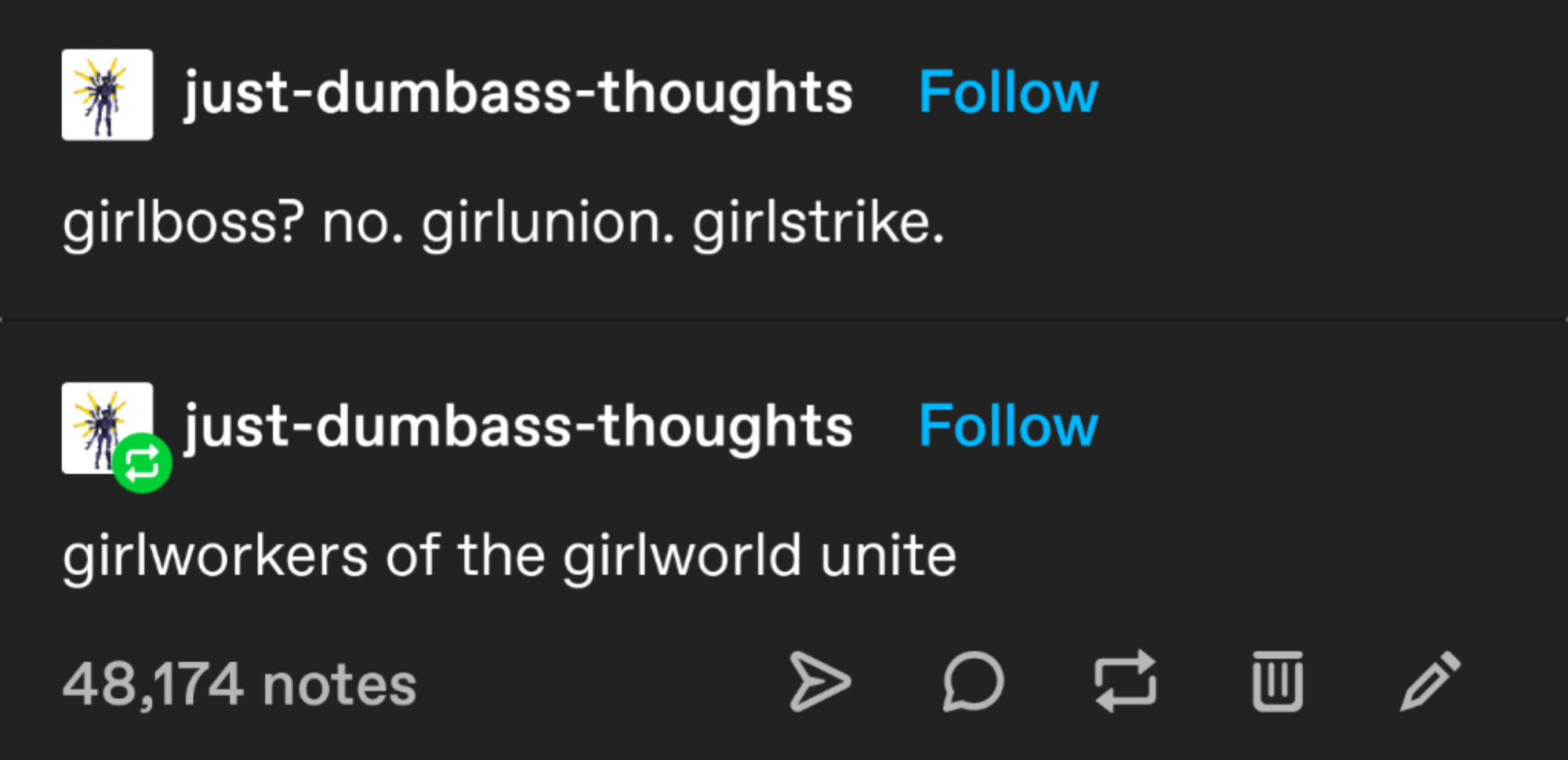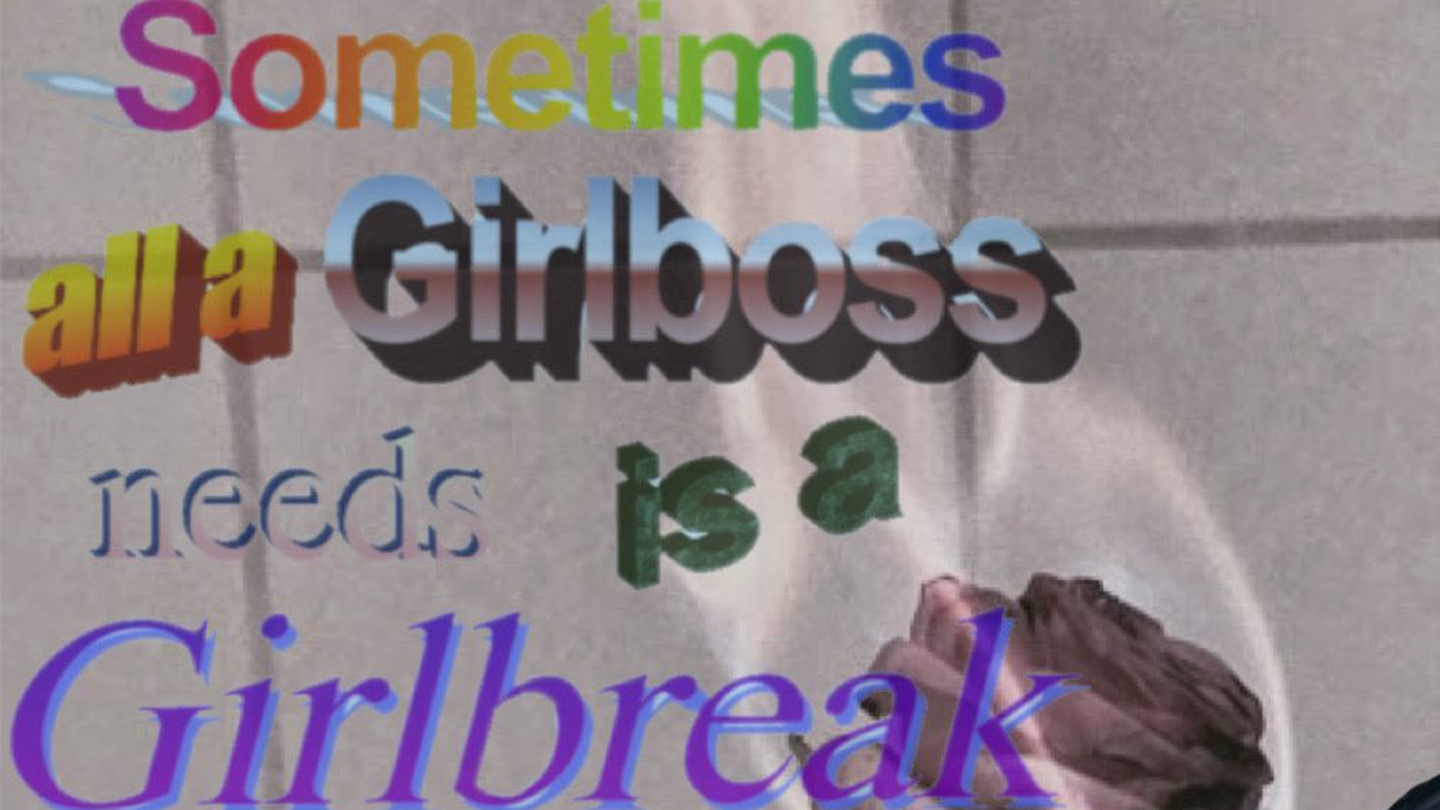Already in 2022, Elizabeth Holmes has been convicted on four counts of fraud, Love Island influencer Molly-Mae made comments on a podcast about how “we all have the same 24 hours in a day,” and multi-millionaire Khloe Kardashian has tried selling her daughter’s old designer clothes through her family’s own resale brand ‘Kloset’, and with price tags ranging from $250 to $700 dollars an item.
Elisabeth Holmes may occupy a different world to Molly-Mae and Khloe, but all three represent a form of feminism and success that prioritises individualism over collectivism; that seeks to climb the ladder of capitalism rather than to dismantle or challenge it. And in their own ways, each also represents a scam; while Elisabeth might have met the legal definition of fraud by manipulating people out of large sums of money on false pretences, Molly-Mae and Khloe and their reality-TV-slash-influencer contemporaries perform a similar role by selling young women the promise of a lifestyle that, in reality, is almost impossible to achieve. Does the downfall of these high-profile ‘girlbosses’ suggest that we’re no longer falling for it?
Clearly, young women are dissatisfied with our lot. But instead of collective action and organising, the answers we’re consistently presented with are individualised and often wrapped up in a tissue-paper covered, filtered and #gifted bundle. Being treated badly at work? Start your own business. Can’t afford a house? Just work a bit harder. Worried about your safety walking home at night? Have a pastel-coloured Instagram graphic.
It’s no surprise that the disenfranchised have looked to the influencer and girlboss sphere for power, when longstanding routes into it have been the purview of the traditional white men for so long. But it’s a form of power that benefits only the person who holds it, and does so at the expense of others less privileged. Critics of Molly-Mae, for example, were quick to dig up job adverts for roles at her tanning business Filter, which offered a salary of just £17,000. And even that £17,000 salary might seem like millions in itself to the garment workers mass-producing clothes in sweatshops for the fast fashion brand Pretty Little Thing, where Molly-Mae serves as Creative Director for a reported six-figure monthly salary.
It’s this discrepancy which best highlights the lie that exists at the heart of the girlboss mindset that has dominated culture for the past many years: the suggestion that there can be something different or uniquely progressive about a female boss, or indeed that there’s any such thing as a good boss at all. In the real world, work under capitalism means an inherently unequal relationship in which your boss wants to get as much work out of you for as low a cost as possible, while you just want to make enough money to live a comfortable life, and work few enough hours to enjoy it. It’s such a glaring and immovable conflict of interests that no amount of hashtags, apparently ‘authentic’ Instagram content or empowerment-heavy taglines can shift it, no matter how much they might serve to obscure it.
Rather than responding to these conditions by trampling on others in pursuit of status, or working to change the face of an inherently unequal power relation, the only way to challenge them is collectively. As girlbosses have risen and fallen, women across the country have worked tirelessly in their communities and in their unions to build a form of power that can truly change people’s lives and not just pretend to do so while resolutely bolstering the status quo. Today, the average trade union member is a woman, with membership growing both amongst women and young workers. At the highest level of the union movement, the last year has seen women elected to lead Unison and Unite, two of the country’s largest unions, for the first time. And in all nations of the UK, the Trades Union Congresses are currently headed up by a woman.
Women joining and getting active in their unions matters because it leads to the use of collective power to organise around the issues that face women. In the early days of the coronavirus pandemic, childminders in Northern Ireland joined forces to successfully demand self-isolation grants and an increase in child support. Last year, the Unite Hospitality union began a nationwide campaign after Glasgow Branch Chair Caitlin Lee was assaulted while walking home from a shift after her employer refused to pay for a taxi. And just this month, Tracey Scholes, a Manchester bus driver and union member, was successfully reinstated having previously lost work when buses were redesigned in a way that left her too short to drive them.

These causes and the hard organising work that has happened around them might not be as shiny or as glamorous as a brand partnership or a CEO desk plaque, but they should certainly be as aspirational for young women navigating the world of work today. It won’t be influencing or entrepreneurship that will elevate us and change our lives for the better, it will be care and solidarity, and working together as one. If this really is the end of the individualised girlboss era, let’s hope it makes way for collective action and the age of the young woman trade unionist.
Follow i-D on Instagram and TikTok for more girlbossing, gaslighting and gatekeeping.


